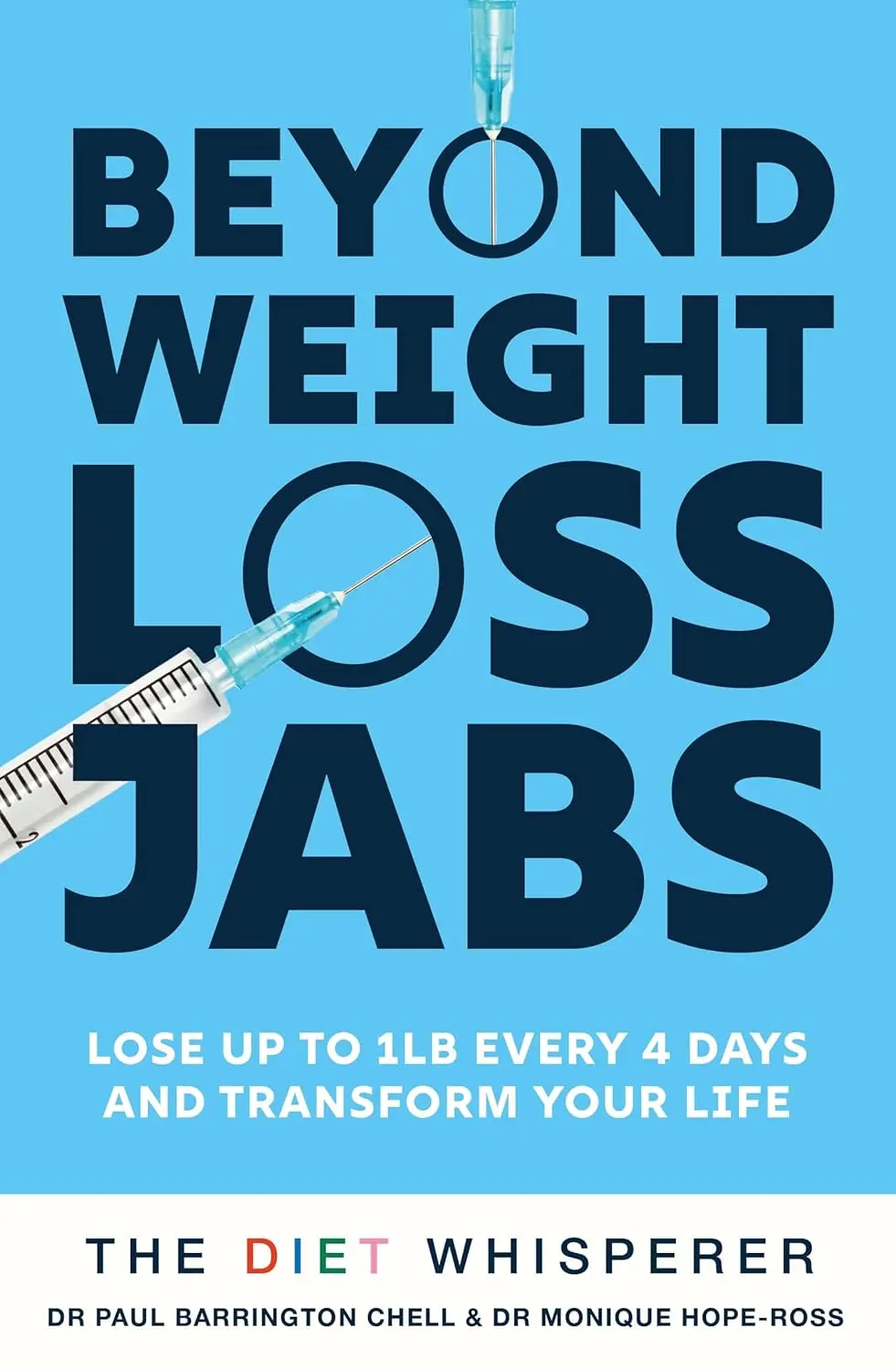Is the secret to vitality hidden in the Blue Zones?
Published: 29th July 2020
Last Updated: 8th January 2026
Written and medically reviewed by Dr Monique Hope-Ross and Dr Paul B Chell
There are several places in the world where many people live to a very ripe old age. These are known as Blue Zones. In these regions, the highest number of people reach 100 years and older. Moreover, these centenarians live well, without long-term diseases and frailty. For example, Ikarians from the Greek island of Ikaria, one of the Blue Zones, are almost entirely free of dementia and other long-term diseases, such as diabetes, hypertension, and high cholesterol.
People in Blue Zones enjoy long lifespans, extended periods of good health, and very short disease spans. They do not spend their final years in poor health; instead, they live a long, healthy life and then pass away. These individuals exemplify wellness. In Bargagia, Sardinia, one of the Blue Zones, there are ten times more centenarians per capita than in the U.S.A. While genetics partly influence longevity, they play only a small role. Studies suggest that 25% of longevity is genetic, while 75% is due to your lifestyle—how you live and where you live really matters.12
The Blue Zones Study: The Power Nine
Dan Buettner teamed up with National Geographic to study the features of those living long, healthy lives in the Blue Zones.3 Residents of the Blue Zones were found to have nine commonalities that lead to longer, healthier, happier lives. The secrets to vitality, hidden in the Blue Zones, were documented and have transformed how we look at vitality and healthy ageing.
The Power 9: Common Features of the Blue Zones
-
Natural Movement: Exercise in the Blue Zones is a part of daily life; Their environments encourage natural movement without even thinking about it. It’s not about pumping iron in the gym or running marathons or doing press-ups. Sardinian farmers live on hillsides, raise farm animals, and walk long distances to work. Gardening is also common, with people growing their own food and tending to their gardens by hand.
-
Purpose: Individuals have a reason to get up in the morning. They maintain a strong sense of purpose, are motivated, and feel needed and valued by their family and community.
-
Downshift: Everyone suffers stress, even those in the Blue Zones. But they have healthy routines to shed their stress, such as napping, happy hour, and praying. Okinawans remember their ancestors as part of a ritual. These rituals help reduce stress by lowering cortisol and other stress hormones.
-
Fasting: Periodic fasting is common in Blue Zones. Ikarians, who follow the Greek Orthodox Christian calendar, fast for almost half the year. Okinawans practice "Hara hachi bu," a rule where they stop eating when they are 80% full.4 Their smallest meal is eaten in the afternoon or early evening, with no more food for the rest of the day.
-
Eat Plants: Blue Zone diets are rich in vegetables and plant foods, with beans and lentils as dietary staples. There is a plant slant where meat is eaten sparingly, usually as part of celebrations, about once a week. Nuts, fish, legumes, and whole grains are also regularly consumed.
-
Wine at 5: People in all the Blue Zones (except Adventists) drink alcohol moderately and regularly. Moderation is 1-2 glasses of wine, drunk with friends and food. However, it is important to note that scientific research increasingly shows that no level of alcohol is completely safe.
-
Belong: Most people belong to a religious community. While the denominations differ, what matters is being part of a religious group.
-
Loved Ones First: Family is a priority; people are committed to their partners, invest time in their children, and often live near family members. Nicoyan centenarians live with their families, laugh a lot, and spend time with younger people.
-
Right Tribe: Strong social and family ties are found throughout the Blue Zones. These communities engage widely with each other, supporting healthy behaviours through close-knit relationships and frequent visits to neighbours.
Adapting Blue Zone Principles
We can learn a lot about life by observing life in the Blue Zones. The world has discovered many secrets from the Blue Zones which put us on the road to better vitality, wellness, and longevity.
Blue Zone projects are helping people to live longer, healthier lives. These projects transform environments to enhance physical, mental, social, and professional well-being. Places like Fort Worth, Texas; Spencer, Iowa; and Beach Cities, California, have reaped significant benefits from these changes, including longer lifespans, reduced healthcare costs, and improved health outcomes.
Conclusion
So, is the secret to vitality hidden in the Blue Zones? The answer is a resounding yes. By adopting the habits of those living in the Blue Zones—such as plant-based diets, regular natural movement, strong social connections, and mindful lifestyle choices—we can hope for longer, happier, healthier lives. The principles of the Blue Zones provide us with a roadmap to vitality and well-being that can be adapted to our own lives.
